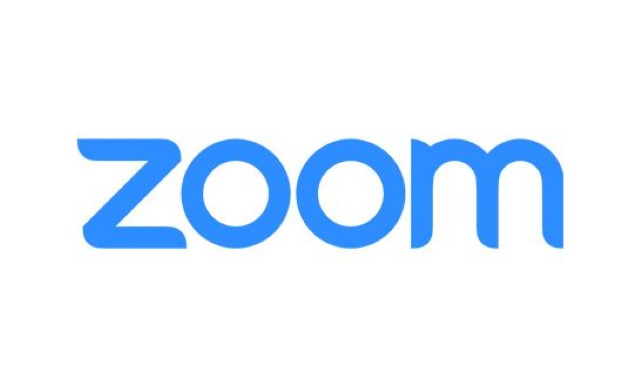Google is not the only search engine in 2020
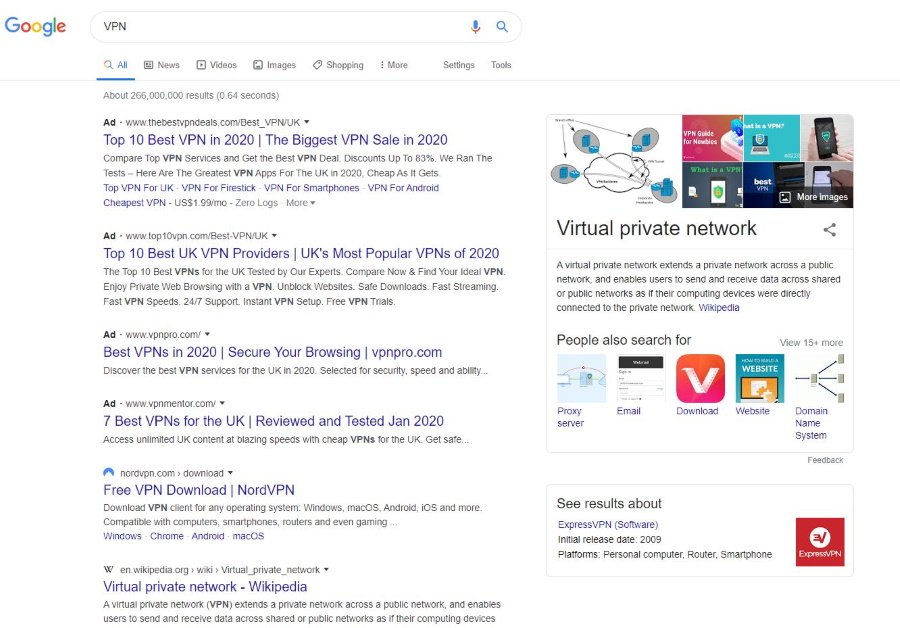
The recent changes to the look and feel of Google desktop search results has generated quite a lot of chatter online. It has also prompted a lot of questions around the motives for the changes. I imagine it has also generated a lot of traffic for alternative search engines!
To say those changes are unpopular is an understatement. I don’t like them at all and neither does a good portion of the internet. Not only does the page now look generic and ugly, the attempt to trick people into selecting ads instead of genuine results is insidious. Any company that tries to fool its users is not one I want to use and not one I recommend any of my clients to use.
Google maintains the change is to align desktop with mobile and makes it clearer to differentiate ads from organic results.
To be fair to Google, there is a clear Ad label beside paid results. However, where once there was a different background and paid ads were clear to see, they are now much more difficult to make out.
Google is not evil
To my mind, these changes are not evil in themselves. Google is a business that makes its money from ads. It should not be ashamed of that or have to hide it. What is evil is pretending that these changes are for the benefit of users when they are clearly not.
Anything that obfuscates the truth is against Google’s own aims. It has released various updates to rank news sites for reliability and to make search results more reliable and more trustworthy. Then it introduces these changes that makes all of its results less trustworthy. It doesn’t make much sense.
Five Google alternatives
Google is peerless as a search engine but it isn’t the only option. There are a ton of alternatives that offer powerful search with clearer results and motives.
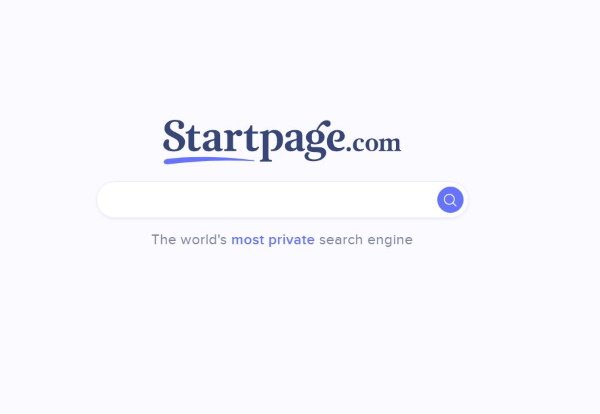
StartPage
StartPage is a minimalist search engine that keeps things simple. It also keeps things private. It doesn’t make money from ads so doesn’t need to track or follow you. It doesn’t use tracking cookies, doesn’t record your IP address or want to follow you around. It is also GDPR compliant.
What’s more, it uses Google to generate search results so the quality of the returns should be equal to Google itself. Just without all the tracking.

DuckDuckGo
I have used DuckDuckGo for years. It is an entirely private search engine that has been running since 2008. It has set itself as a Google alternative and it certainly delivers on that. The upside is that there is no tracking, no logging or data collection and search works very fast. The downside is that search isn’t quite on par with Google.
DuckDuckGo is a very credible Google alternative but does tend to miss some search results you would normally see in Google. This isn’t a show stopper but you may need to double up on your alternative search engines to get the best out of it.
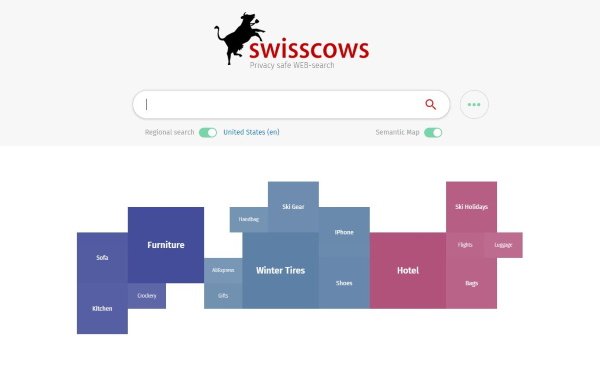
Swisscows
Despite the odd name, Swisscows is another credible Google alternative that prioritises privacy. Based in Switzerland, this engine is a great option for families as it has built in filters for porn and violence. The filter isn’t perfect but it is effective. The search engine as a whole is also easy to use. It is the search engine I use alongside DuckDuckGo.
Swisscows uses its own search engine alongside Bing. For German users, Swisscows has its own engine. For non-German results it uses Bing. Search is fast, those filters can be very effective and the engine is definitely worth checking out.

Bing
Bing has always played second fiddle to Google. Despite being owned by Microsoft, the company has had none of the success of Google despite pouring a lot of resources into it. Privacy is not at the core of Bing like these others but still delivers a good experience. Probably the most Google-like of all of these Google alternatives.
Bing is easy to use, generates good results and works fast. It does use tracking and does personalize ads but those ads are now much clearer than Google’s.
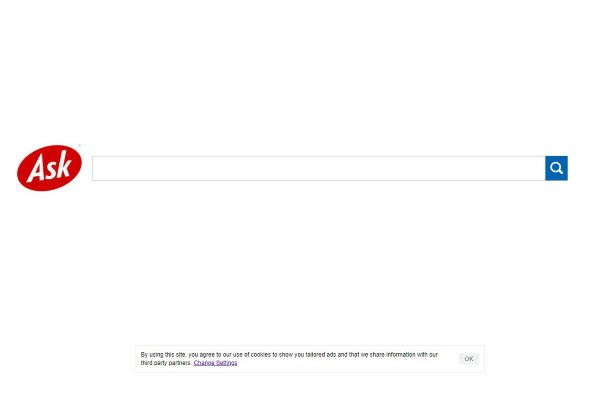
Ask
Ask, formerly Ask Jeeves, is the Google alternative I would suggest to older or less experienced internet users. It offers natural language searches that means you can type as you think and generate reliable results. It is easy to use, generates credible results, keeps things simple with clear ad markings and has a very unfussy interface.
Ask does track and use cookies and personalized ads, but doesn’t display paid ads in all results. The related search column on the results page is also quite useful.
Google will still be as popular at the end of 2020 as it is now but if users don’t vote with their feet, there is nothing stopping the company doing whatever it likes. To be clear, ugly changes are not the issue here. The issue is the obfuscation of paid results to make them look identical to organic results in order to confuse users and generate more revenue. All while telling the world it’s for our benefit.
I’m not fooled, you’re not fooled and nobody likes being treated as though they were stupid. If you have ever wanted to leave Google behind, now is a good time to do it!


